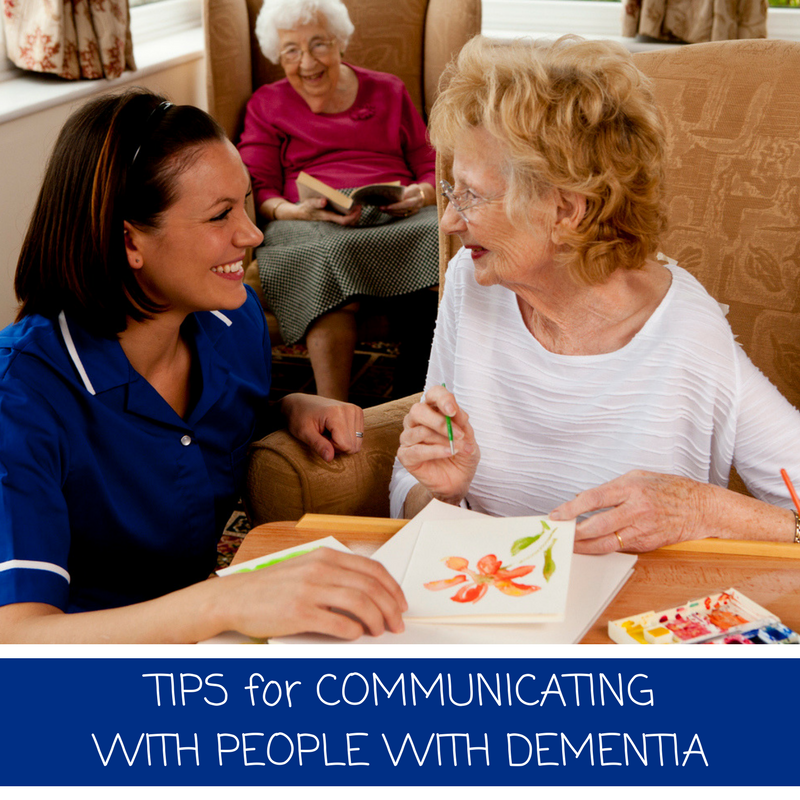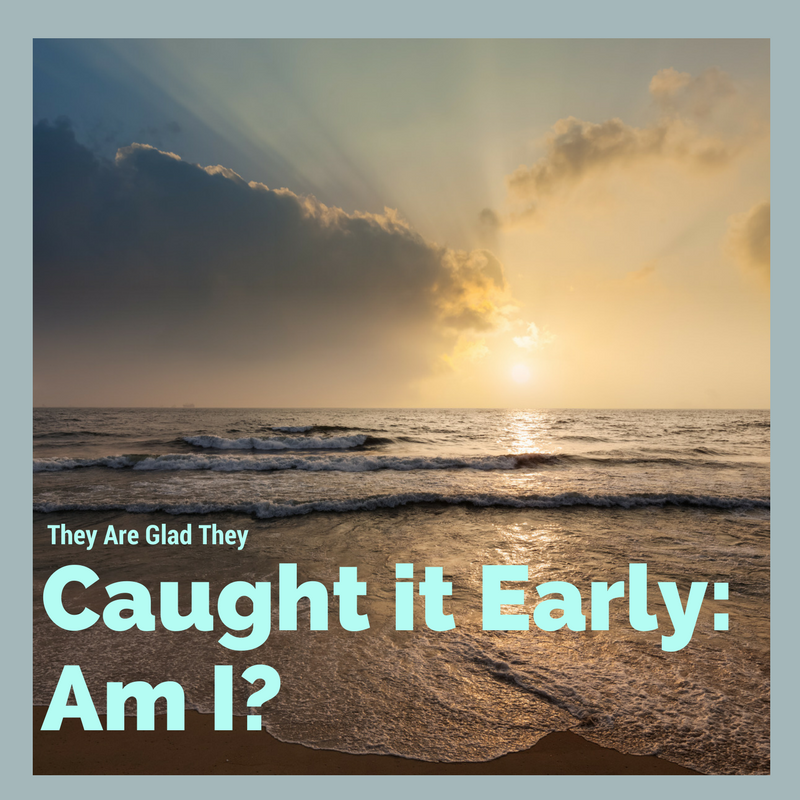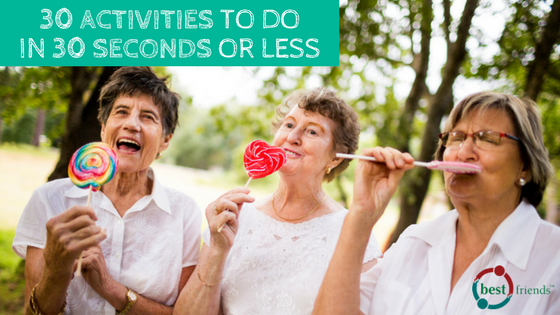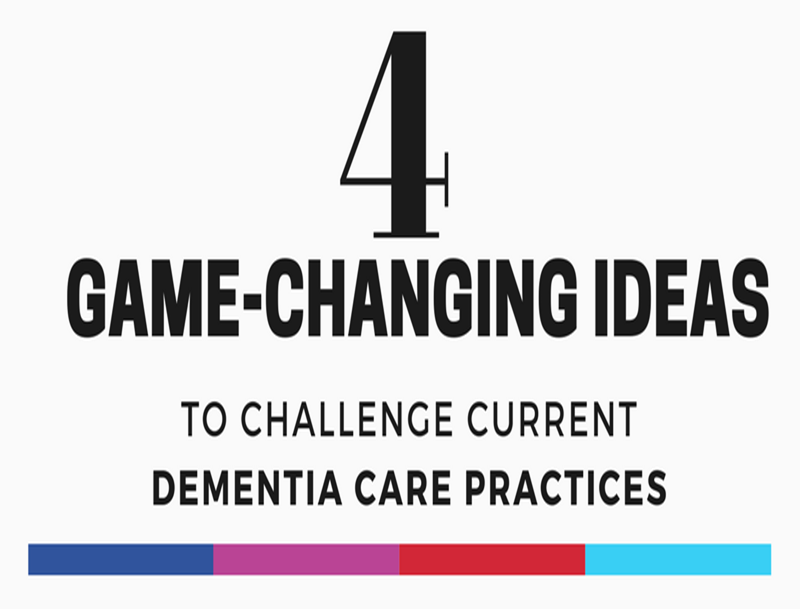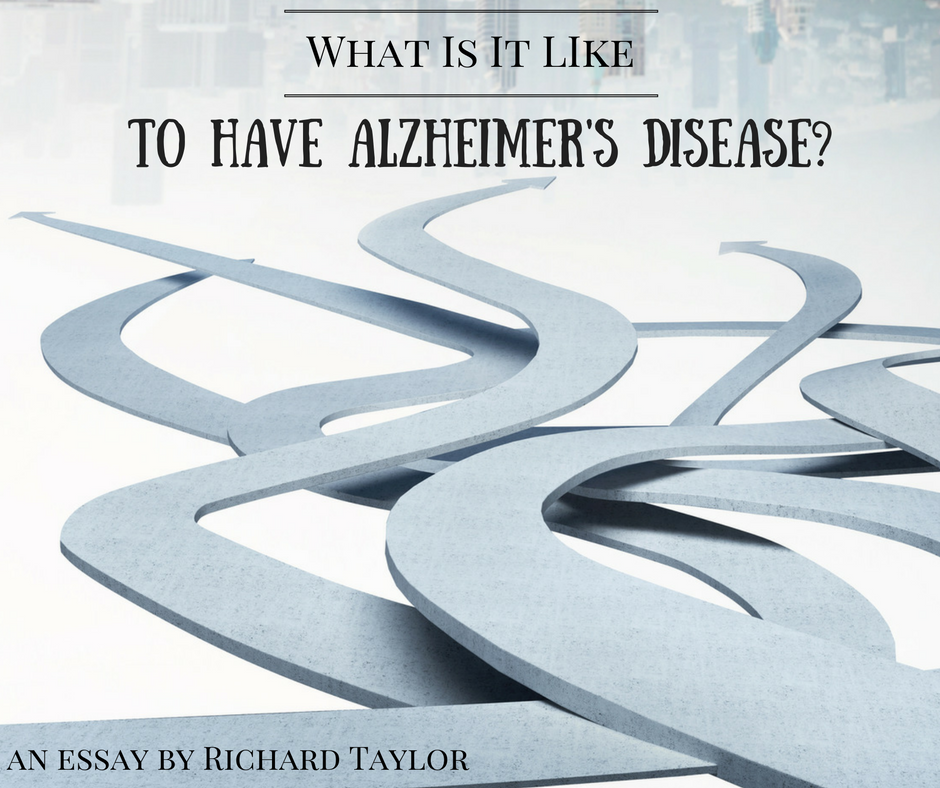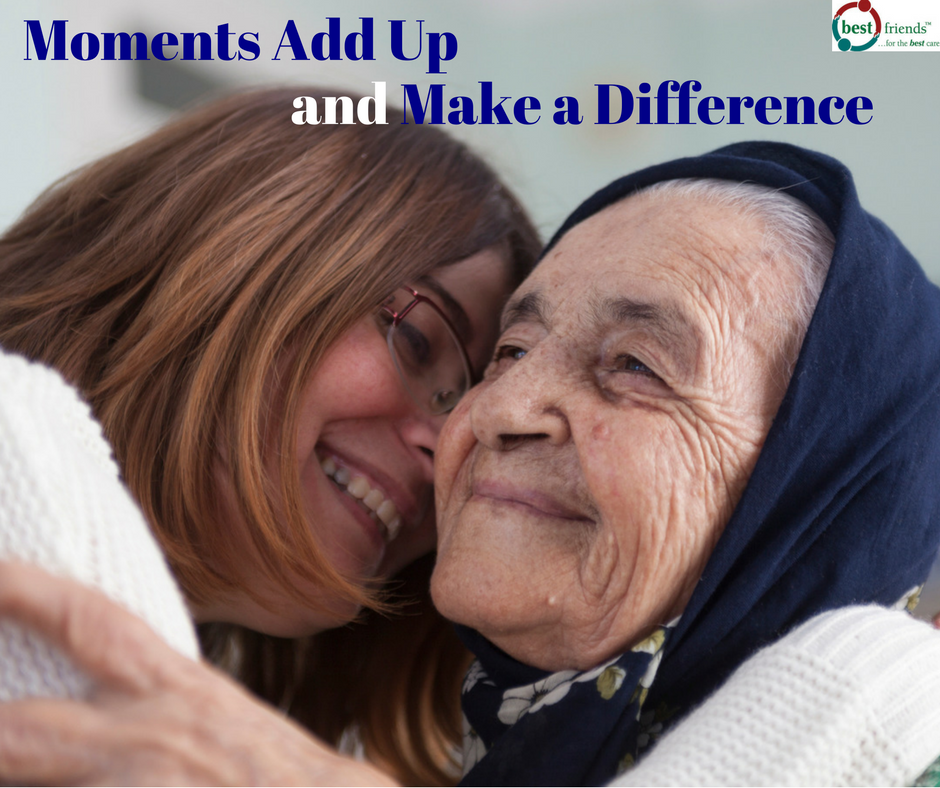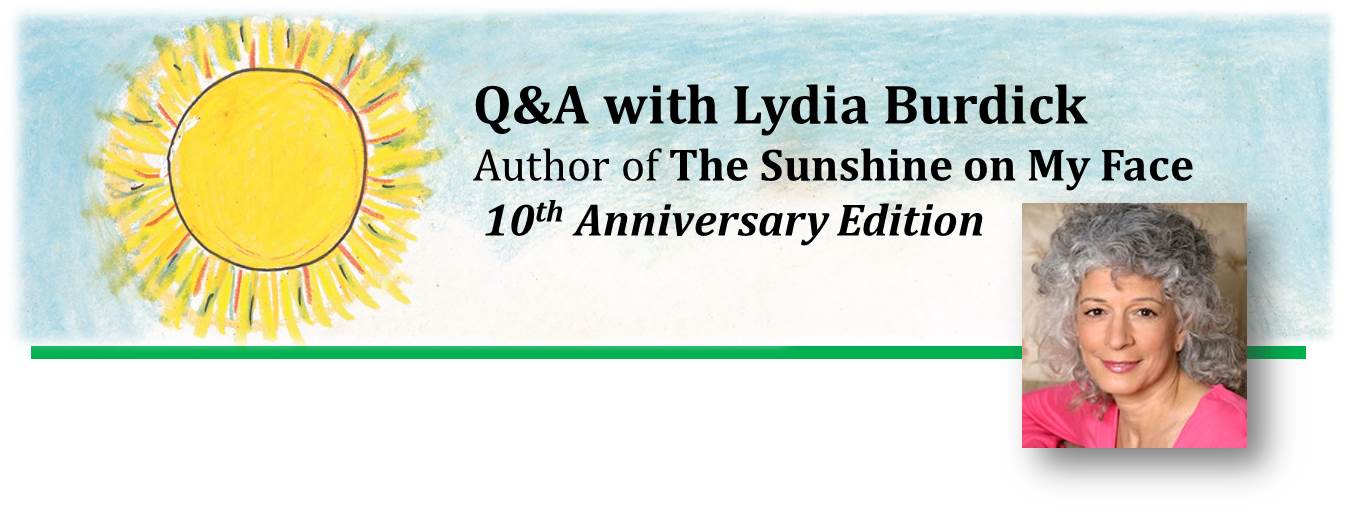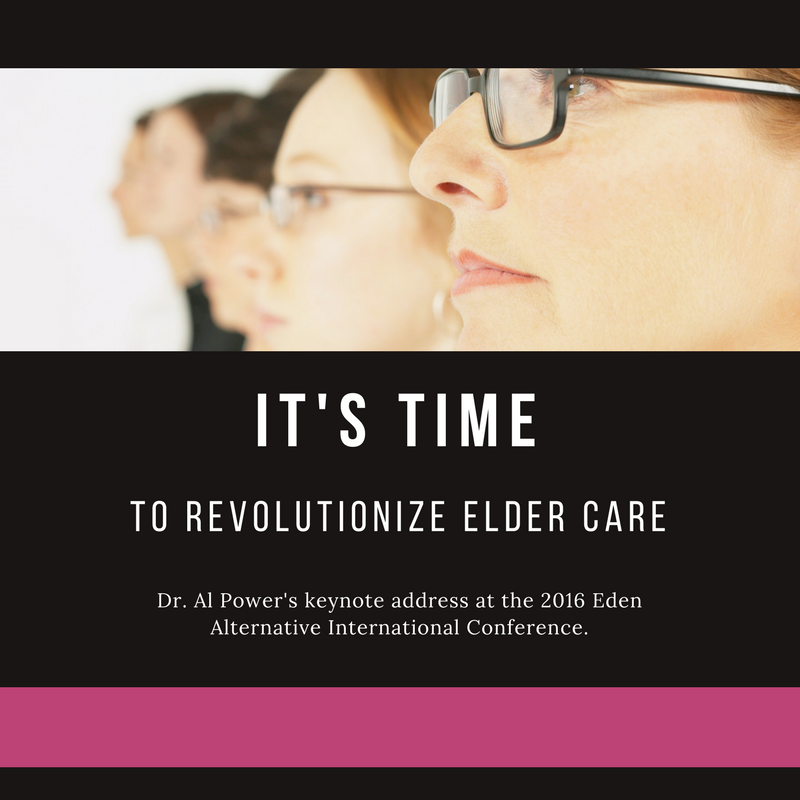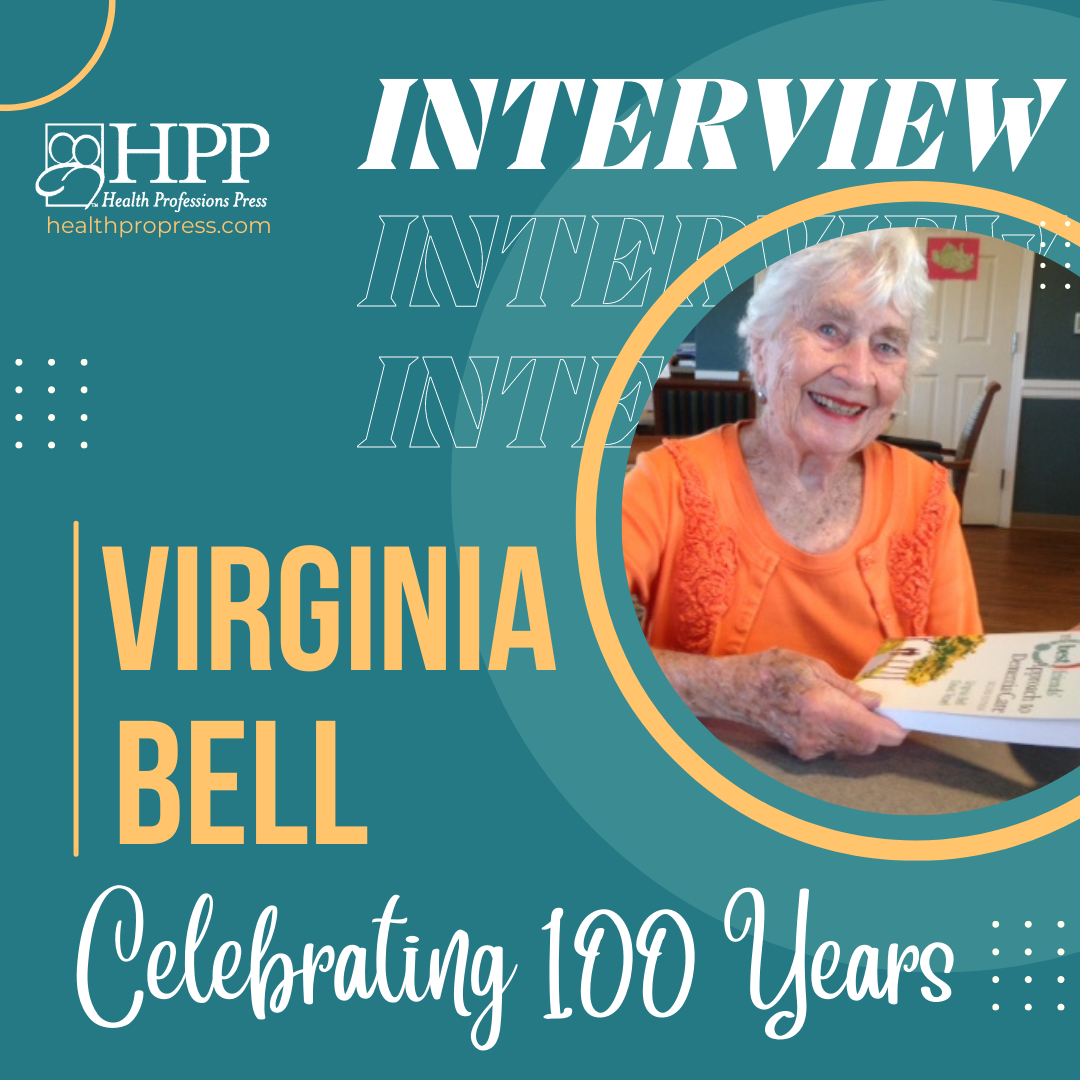
Celebrating 100 Years with Virginia Bell
June 30, 2022 marks the 100th birthday of Virginia Bell, one of the most influential thought leaders in the field of dementia care over the last four decades, who continues to this day to improve the lives of people with dementia and their caregivers. HPP sat down with the legendary author, speaker, and advocate to look back on 100 years and look forward towards the future of dementia care. What influenced you to start your career later in life? What motivated you to choose to work in dementia care? I received my undergraduate degree in math and chemistry but as…
READ MORE
